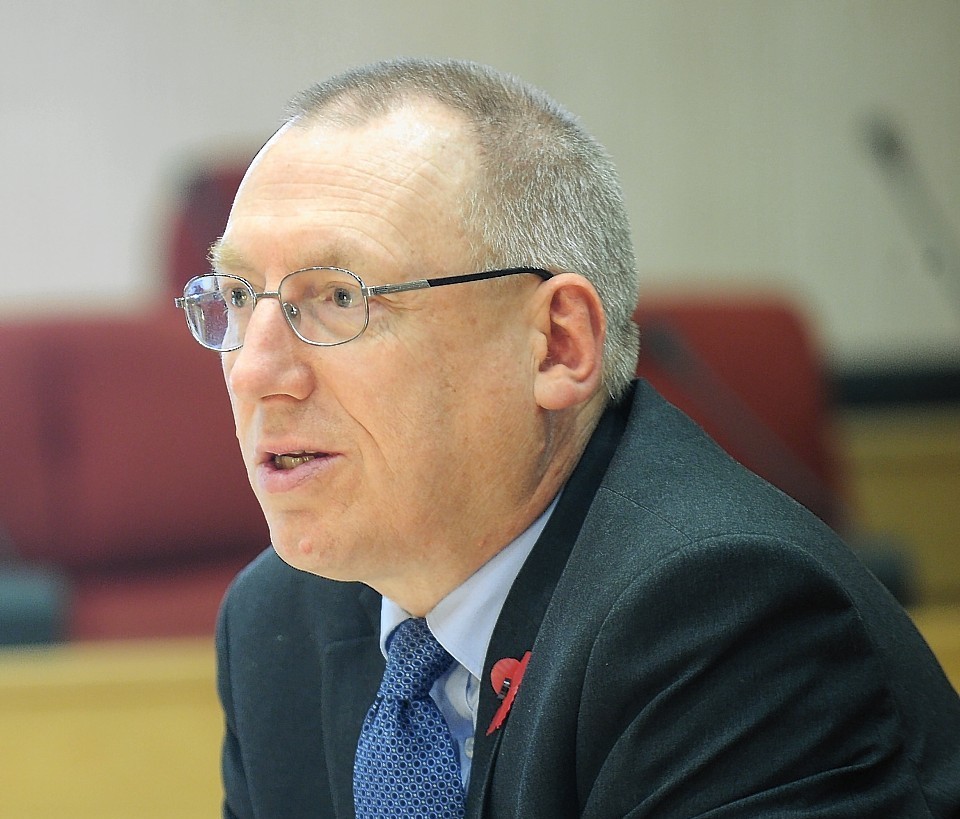Highland Council’s budget bosses have said that meeting union calls to increase teacher pay nationally by 10% would burden the administration with another £15 million of pressures.
The Educational Institute of Scotland’s (EIS) claim has been accepted by the teachers’ side of the Scottish Negotiating Committee for Teachers (SNCT), which involves teaching unions, the Scottish Government and the Convention of Scottish Local Authorities (Cosla).
An EIS spokesman said the pay claim was formally submitted to the employers and Scottish Government sides at a full SNCT meeting last week and that they were hopeful of reaching a negotiated agreement by April 1.
He stressed that teacher pay in Scotland had declined by at least a fifth, in real terms, in the past decade at a time when general graduate pay and teacher pay in other countries has risen.
But Highland Council’s depute chief executive Derek Yule said during Thursday’s budget meeting in Inverness that, if the 10% pay claim was met, it would add another £15 million to the council’s existing budget pressures.
Mr Yule added: “I would say that would be completely unaffordable.”
On Thursday, councillors agreed to pass a package of savings to help close an existing £15.1 million budget black hole.
After the meeting, budget leader Alister Mackinnon said the local authority has already budgeted £8 million for pay settlements this year in line with Scottish Government pay rise proposals. These entail a 3% pay rise for council staff earning up to £36,500, with a 2% rise for those earning in excess of that amount, capped at a maximum award of £1,600.
Mr Mackinnon added: “I am aware some teaching unions are looking for pay increases well above that (the 3%) which would cause us huge financial pressure, and this is not affordable. If the Scottish Government won’t help us we would have to cut further. Hopefully we can come to a settlement.”
The EIS spokesman added: “A growing teacher recruitment and retention crisis exists right across Scotland, in all sectors and in an increasing number of curricular areas.
“If the Scottish Government and Scottish local authorities, including Highland, are serious about valuing education then they also need to value the teachers who deliver it in our schools. Pay must be improved, and significantly, if we are to continue to attract high quality graduates into teaching. Our schools and the young people that they serve deserve nothing less.”
A Scottish Government spokesman highlighted that they were the first in the UK to lift the 1% public sector pay cap, and that the teachers’ pay deal in 2017-18 reflects this commitment.
The spokesman added tthat despite UK Government real term cuts to Scotland’s resource budget, local government has been treated fairly.
